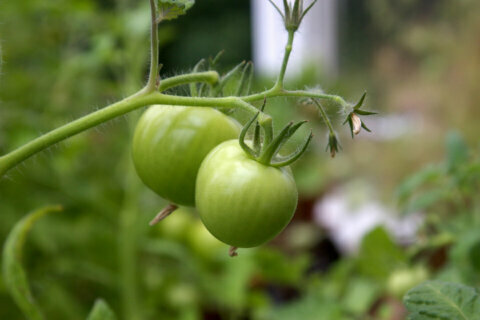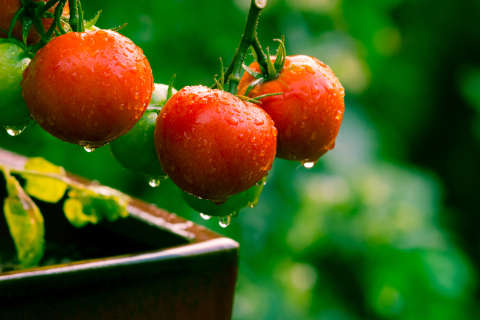WASHINGTON – Jim in Spotsylvania writes: “I have tall fescue that I fertilize three times every fall with a Scott’s product — September, October and December. I also fertilize once in the early spring. The lawn starts out looking gorgeous until the temps rise in summer, then it develops big patches of brown. We’ve had copious rain, so I don’t think its lack of water. Is this ‘summer stress’ or something else?”
If you had fed it this summer, it would have been straight burn-out, Jim. Cool-season grasses like fescue are, as you note, already heat stressed, and summer fertilization generally pushes them over into the Land of Death.
But because you fed so much last fall/winter and temps have recently been hot and the air hideously humid, it’s almost certainly ‘brown patch.’ This fungal disease devastates fescue lawns in our region that have been overfed with cheap, quick- release chemical fertilizers (or even slow release chemical fertilizers if you really hammer the poor turf, which you have done). The over-fed turf generally looks much too lush in the spring, and then succumbs to patchiness when D.C.’s legendary summer heat and humidity push it over the brink.
Three feedings in the fall is two too many, and December is way too late to be feeding anything. For now, just let the lawn try and recover naturally. Then drop down to one feeding in September and you should be fine, especially if you’re willing to get your lawn off drugs and go with an organic lawn food.
Door-to-door pesticide sprayers are the real pests
Tim from Springfield writes: “This past week I have been approached by two different door-to-door companies offering pesticide services. When I expressed concern about my two dogs, the salesmen said that the pesticides they use aren’t harmful. My wife hates seeing spiders and crickets in the house, but based on years of listening to your radio spots, I think of spiders as beneficial insects. What do you recommend?”
I recommend that you never buy anything from a stranger at the door, especially someone looking for a reason to enter your home — that’s just begging to be robbed. And I recommend that you never have pesticides sprayed inside your home, where you’d then be inhaling the poisons 24/7. (And poisons they are, no matter the pitch.)
Neither of your so-called ‘pests’ is harmful. Cave or Camel Crickets are spooky looking but do no harm. And you are correct that spiders are tremendously beneficial. They eat lots of true pests, and despite their lurid urban legends, pose no threat to people. (No, your neighbor/friend/cousin/co-worker was not bitten by a brown recluse spider, no matter how much they wish and/or insist they were







